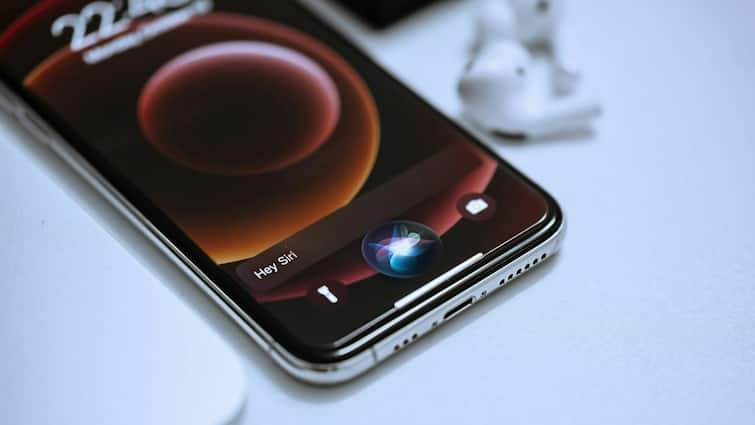Apple has struggled to catch up in AI over the past couple of years, especially with its Siri voice assistant. While other tech companies quickly rolled out AI tools, Apple’s revamped Siri has faced delays and internal concerns. The modernised Siri, initially expected with iOS 18.4 last year, has been postponed and now looks set for a release with iOS 26.4 in 2026.
Meanwhile, some top AI engineers have left Apple, raising questions about its strategy for building in-house AI models versus relying on competitors like Google or Anthropic.
Apple Siri AI Revamp Faces Delays
Apple’s plan to modernise Siri has been slow. Craig Federighi, Apple’s Senior VP of Software Engineering, confirmed that the new Siri did not pass internal quality checks. It was supposed to launch with iOS 18.4 but got delayed by a year. The update now aims for iOS 26.4, expected in spring 2026.
We’re still several months away, but there are concerns from some people testing iOS 26.4 — the OS version slated to include the new Siri — about the voice assistant’s performance. https://t.co/FvElHvXcAJ
— Mark Gurman (@markgurman) October 19, 2025
Early internal testing has shown that Siri’s performance is still not perfect, causing concern among engineers.
Apple has explored two approaches: using its own AI model on devices or leveraging Google’s Gemini model on the cloud.
Apple AI Team Departures & Future Plans
Several senior members of Apple’s AI and foundation models teams have left, reportedly joining Meta Superintelligence Labs.
Key departures include Ke Yang (AI Search Head), Ruoming Pang (Head of Foundation Models), and Robby Walker (AI and Search).
These exits add uncertainty to Apple’s AI roadmap, including whether future Siri features will rely on in-house models or external AI. Currently, Siri is partially using ChatGPT for complex queries.
Apple’s delayed AI updates put it behind competitors, while its voice assistant market faces pressure from AI startups.
The Siri update was expected to bring personal context understanding, on-screen awareness, and cross-app actions, turning the voice assistant into a more capable “hands-free” iPhone controller.
However, with the delays and departures, Apple still has a lot of work to do before delivering these promised AI improvements to users.


